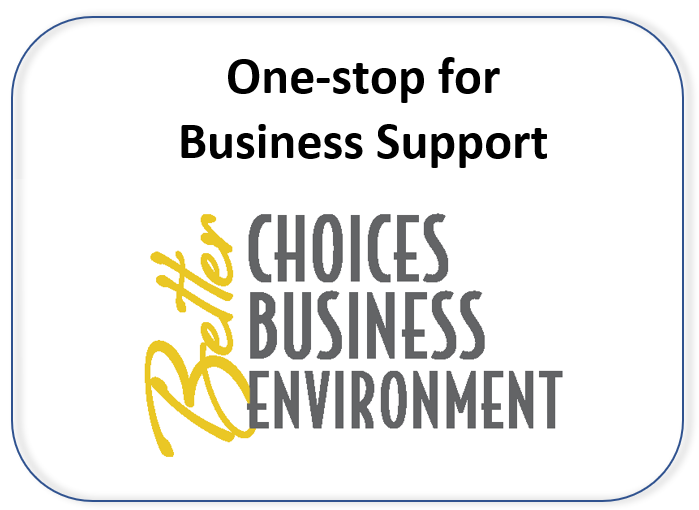Permit Primer
Managing a small business requires you to wear many hats - CEO, accountant, environmental manager, etc. — and as a Wisconsin business owner, you may be feeling overwhelmed by the number and complexity of rules and regulations. The DNR created this interactive "one–stop shop" Permit Primer to help small business owners manage their environmental requirements. The system will clarify your environmental responsibilities.
To learn more about using the Permit Primer, click on the "Continue" button at the bottom of this page. Once you are exploring the Primer you may return to the beginning by clicking on "Start the Permit Primer" link in the right-hand sidebar. From there you will be able to:
- determine which environmental requirements apply to you;
- determine what permits you need and how to get them; and
- find ways to save money and resources through pollution prevention, waste minimization, conservation and resource protection.
The Permit Primer contents are for informational purposes only and should not be relied upon solely. Please acquire, read and review any recommended pamphlets, brochures, statutes, codes, ordinances and other informational items. Remember also that there may be changes to statutes, codes and ordinances or other informational items, so please refer to the latest information.
Continue onto navigation tips. Continue to Water Supply to get started.
Please Note: The Permit Primer addresses DNR programs that offer permits. However, it does not address other programs that you may need to be aware of such as: brownfield cleanups and endangered species regulation.
The Endangered Resources Review Program helps customers and partners comply with Wisconsin's endangered species laws and helps conserve the rare plants, animals and habitats found in Wisconsin. We work with landowners, businesses, communities and other customers and partners to consider the potential impacts of land development, planning and management projects on rare and sensitive species and habitats very early in the project planning process. It's a good idea to have the endangered resources review completed well in advance of when the project is scheduled to begin (e.g., one year) so that you can identify and plan for any seasonal limitations and allow time for any field surveys that may need to be conducted during a specific time of year (e.g., during the breeding or growing season). Our goal is a cooperative, partnership–based approach to land use and management in Wisconsin that proactively and effectively conserves Wisconsin's natural resources.
Businesses may need to work with the DNR if they discover contamination or spills on their property. While a permit isn't required, the Wis. Admin. Code Ch. NR 700 rule series requires that companies take actions to investigate or remediate hazardous substances that may have been discharged into the soil or groundwater on their property. This is required if the contamination is from spills or business operations or for historic contamination from past property uses. If you are buying a property or looking to expand your business, you should do due diligence through a Phase I and II Environmental Site Assessment to understand any environmental contamination issues on the property. Information about technical and financial assistance as well as property specific reports and advice on hiring a qualified environmental consultant is available from the DNR Remediation and Redevelopment program.

